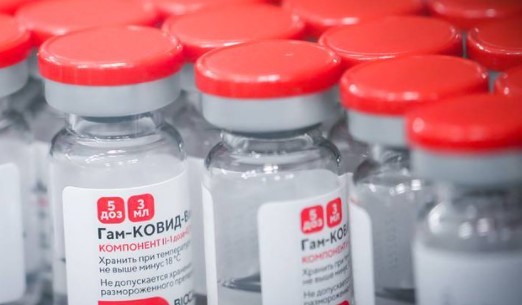Each one of us has one big question in mind, as the world grapples with new variants; is the Covid-19 curve flattening at all? The good news seems to be coming from 5 nations that claim they were able to witness flattened coronavirus curve:
CHINA: China had hit a peak with over 5,000 cases daily in February, but then started flattening the curve from February 18. It took two months to flatten the curve after the first cluster was reported on December 31, 2019.
HONG KONG: Hong Kong saw its first confirmed case on January 23. It went through two waves of the outbreak, one in January and one in March. On April 20, Hong Kong reported no new cases.
NEW ZEALAND: It took New Zealand just a month to flatten the curve due to the early implementation of a lockdown. The country had reported its first case on February 28 and went into lockdown on 24 March. It is now reporting less than 10 cases per day on an average.
GERMANY: On April 9, the German Health Minister Jens Spahn announced the curve was flattening in the country. The country’s recorded a low number of cases for three weeks. It has a recovery rate touching 90%.
SOUTH KOREA: The first detected case of COVID-19 was on 20 January. The country saw its peak on 29 February when it reported 909 cases. On 9 April, just 64 cases were reported, indicating it took 3 months for South Korea to truly flatten the curve.
Many Countries Struggle
While the weekly COVID-19 cases are dropping since February 2021, many countries are still struggling with sparse vaccine supply, the spread of variants, and overburdened health systems, the World Health Organization (WHO) said yesterday in its weekly snapshot of the pandemic.
In other developments, the WHO said it is tracking one more variant of concern, first seen in Peru and called Lambda, which has genetic markers suggesting that it is more transmissible.
In other developments, the WHO said it is tracking one more variant of concern, first seen in Peru and called Lambda, which has genetic markers suggesting that it is more transmissible.
n Europe, Ukraine—where cases are declining—extended its lockdown until Aug 31 but said it will soften some of its measures, and France announced that it will lift its night curfew 10 days earlier than planned, given that COVID-19 cases are dropping more quickly than expected.
The European Centre for Disease Prevention and Control (ECDC) said it is conducting enhanced epidemic monitoring surrounding the month-long EURO 2020 soccer tournament. The event was postponed last year and began on Jun 11, with 24 teams playing across 11 host countries. It is expected to draw about 460,000 spectators.
The European Union is advising member countries to lift nonessential travel restrictions on people arriving from the United States, according to the Washington Post.
In Australia, Sydney reported its first local COVID-19 case in more than a month, according to Reuters. New South Wales officials are investigating the source of the infection in a man in his 60s, who is a driver and occasionally transported overseas airline crews.
The global total today reached 176,758,434, with 3,824,921 deaths, according to the Johns Hopkins online dashboard.






